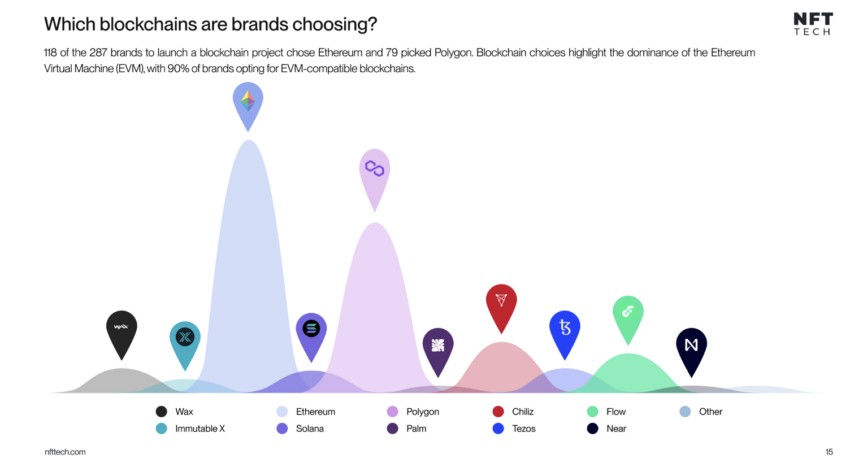Polygon Labs borrows ideas from traditional governments for its new Polygon 2.0 decentralized governance model designed to foster improved Web3 developments.
In an effort to further decentralize its ecosystem, the sidechain maker split its decision-making model into the protocol, smart contracts, and community Treasury pillars.
Three Pillars Will Silo Polygon 2.0 Decision-Making
On the protocol side, community members can suggest wider changes through a revised Polygon Improvement Proposal framework. They will soon have access to the entire permissionless stack, allowing them to research potential improvements more formally.
A new ecosystem council managed by community veto, elections, and advanced token holder governance would oversee changes to smart contracts.
Initially, Polygon Labs will appoint a council with respected community members, with hopes the group will move to a more community-controlled model in the future. To foster accountability, Polygon will offer a transparency dashboard to help explain smart contract changes simply.
The third governance structure will apply to Polygon’s treasury.
Polygon community members can elect a Community Treasury board responsible for spending funds on hopeful projects and public goods. As with smart contract management, an initial board will be chosen from current community members before Polygon allows the community to vote.
Recently, Arbitrum community members opposed a unilateral decision on how to distribute ARB tokens from Arbitrum DAO’s Treasury. The furor revealed the challenges of early DAO governance involving pre-appointed decision-makers.
Could Real-World Applications Move Web3 Developments Beyond Cryptocurrency?
Polygon Labs has previously been attacked for moving its focus away from core Web3 values to brand associations. However, possibilities exist to place decentralized elements into Web2 experiences.

What is Polygon? Click here to find out more.
On the gaming front, AAA studios and indie artists can offer an online Web3 venue that allows trading in-game assets while keeping their primary content on traditional Web2 technology. AAA studio Ubisoft recently confirmed a strategy trading card game using on-chain elements.
The exchange of in-game assets can use zero-knowledge technology to reduce load and gas fees on Ethereum.
 beincrypto.com
beincrypto.com